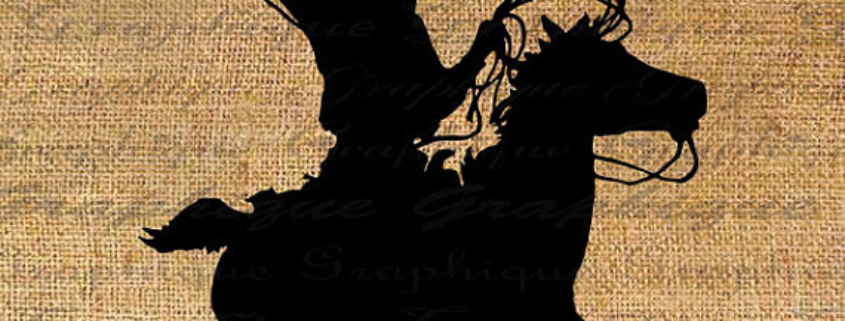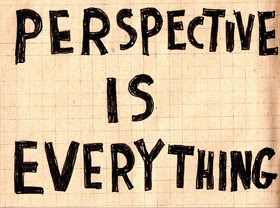From Where We Stand
Last night over dinner, after a discussion with our ninth-grader about some challenges she’s grappling with in her personal life, our fifth-grader suddenly asked, “What’s your super power?”
I glanced over to her smiling, mischievous face. One of our fifth-grader’s own super powers is the ability to bring levity to difficult moments. She flipped open a sketch book as I thought of our ninth-graders’ worries and wondered if the fifth-grader’s super power will withstand her own impending adolescence.
“Here,” she said, clicking her mechanical pencil for more lead. “I’ll tell you the choices.”
In shaky cursive she wrote a list. Water, Fire, Magic, Weather, Nature.
“Nature means you can talk with animals,” she explained. This is another super power of our fifth-grader. At the barn where she takes riding lessons, she is a veritable Dr. Doolittle. She’s a calming presence among the horses, miniature donkeys, cats, goats, and dogs. There’s even a llama named Ginger who comes when she calls.
Our ninth-grader leaned on the table to get a closer look at the list. “I’m fire. Definitely fire.”
I exhaled a laugh. Even our ninth-grader chuckled. It’s true, she is fiery. Language has never been a shortcoming for either girl, but our ninth-grader’s eyes easily flash with lightning and her tongue lashes quickly when she senses an attack on her ego or an injustice in her world. Though these girls are not related to me by blood—they are my stepdaughters—I remember being exactly like our ninth-grader in this regard when I was her age.
“I’ll tell you the characteristics that go with fire,” the fifth-grader said. In a professorial voice, she cheerfully wrote the words on her sketch pad as she spoke. “Fire: Angry. Destructive. Fighting. EVILLLLL!!!!!” She giggled with mock terror.
Our ninth-grader nodded, “Yep. That’s me. Definitely fire.” Her face was neutral, as if this latest trouble had finally doused her fight, and a bit sleepy because it had been a long Monday.
“I’m water,” I volunteered. “I can drink enough water to save a city from a flood. I could’ve saved New Orleans from Hurricane Katrina.” I don’t know when I started with the water thing, but it’s been at least since high school that I’ve carried some wherever I go. I only buy purses if they can hold a bottle, and panic a little if there’s no place to refill.
“Katrina!” The fifth grader cried with excitement. “That’s her superpower too!”
Suddenly I realized what we were talking about. These are the superpowers of the main protagonist and her all-female posse in the book our fifth-grader has been writing and illustrating since third grade. The book was inspired by a game she and her friends used to play at recess. They don’t play it anymore, but recently she informed me that she’s on the second draft of the story.
Sitting at the table with the girls, I was suddenly struck by the present moment, and how the three of us held such different awareness of it. The fifth-grader will do almost anything to keep a positive atmosphere. The ninth-grader is invested in protecting her point-of-view. I am mostly interested in doing whatever I can to help these kids navigate their early years so that they grow to be the best version of themselves.
As the conversation shifted back to the ninth-grader’s recent challenge, I asked a question here and there, partly to help me understand the events, but mostly to help her clarify them for herself. Right now, of course, it is the end of the world. She struggles because she doesn’t quite know who she is becoming, and has no perspective of the process. At fourteen she’d like all the gates open so she can rush forward, but she has no idea what she’s rushing to. As parents, we try to monitor the gate, regulate the speed, and pull her back in when things are going too far and too fast.
The last time I participated in conversations like these, I was the teenager. The beauty of being on the parent side is that time has bestowed perspective. On the cusp of forty I have, at the very least, the wisdom to listen and question, and the experience to consider perspectives other than the limited teenage point-of-view.
Lately I’ve been reading essays-in-progress. Some of them are from the Lunch Ticket submission box, others from my colleagues in the MFA program, some from friends who have asked for my feedback. Many of us writers use the page to explore events of our past, and childhood and early adulthood are particularly rich mines. What I’ve noticed as I read through these works-in-progress is that many pieces limit themselves in perspective, despite the wisdom and intelligence of the writer. I imagine that these writers have carried their pain of long-ago events for so many years that they believe the catharsis will come from simply writing their story down. The fact is, we are all the recipient of time’s gift of perspective. Perspective is the power—super power, if you will—of being a writer.
As the old saying goes, if you find yourself in a hole, stop digging. While my ninth-grader wallows in her somber thoughts, I, long past those teenage years, can see the hole she’s digging for herself. I can see the holes I dug for myself at that age. As a writer, thinking back to my own childhood events, it is much more healing—and as a reader, light-years more interesting–to go beyond the teenage perspective.
As I read these essays-in-progress I sometimes find myself silently begging the author, “What do you, the narrator, think of this now?” Instead of using the pen to only relive childhood events, insert adult insight into those baffling, emotionally-wrought experiences. Let the grown-up wisdom comingle with teenage emotions.
As 13th century German theologian Meister Eckhart wrote, “A human being has so many skins inside, covering the depths of the heart… Go into your own ground and learn to know yourself there.”
Know what power I wish I had at fourteen? The power to simultaneously hold both the child experience and the adult perspective. Alas, that comes with age. But after living these years, why, when writing our own stories, would any writer eschew this great power?
The pen is perhaps the most powerful tool any of us has. How can we communicate or enact change in the world if we cede our own self-understanding? Go ahead, write down those untamed childhood experiences, but lasso them with the perspective of time. When we read your insights, we too transform. Tell me your story of then, from where you stand now.








